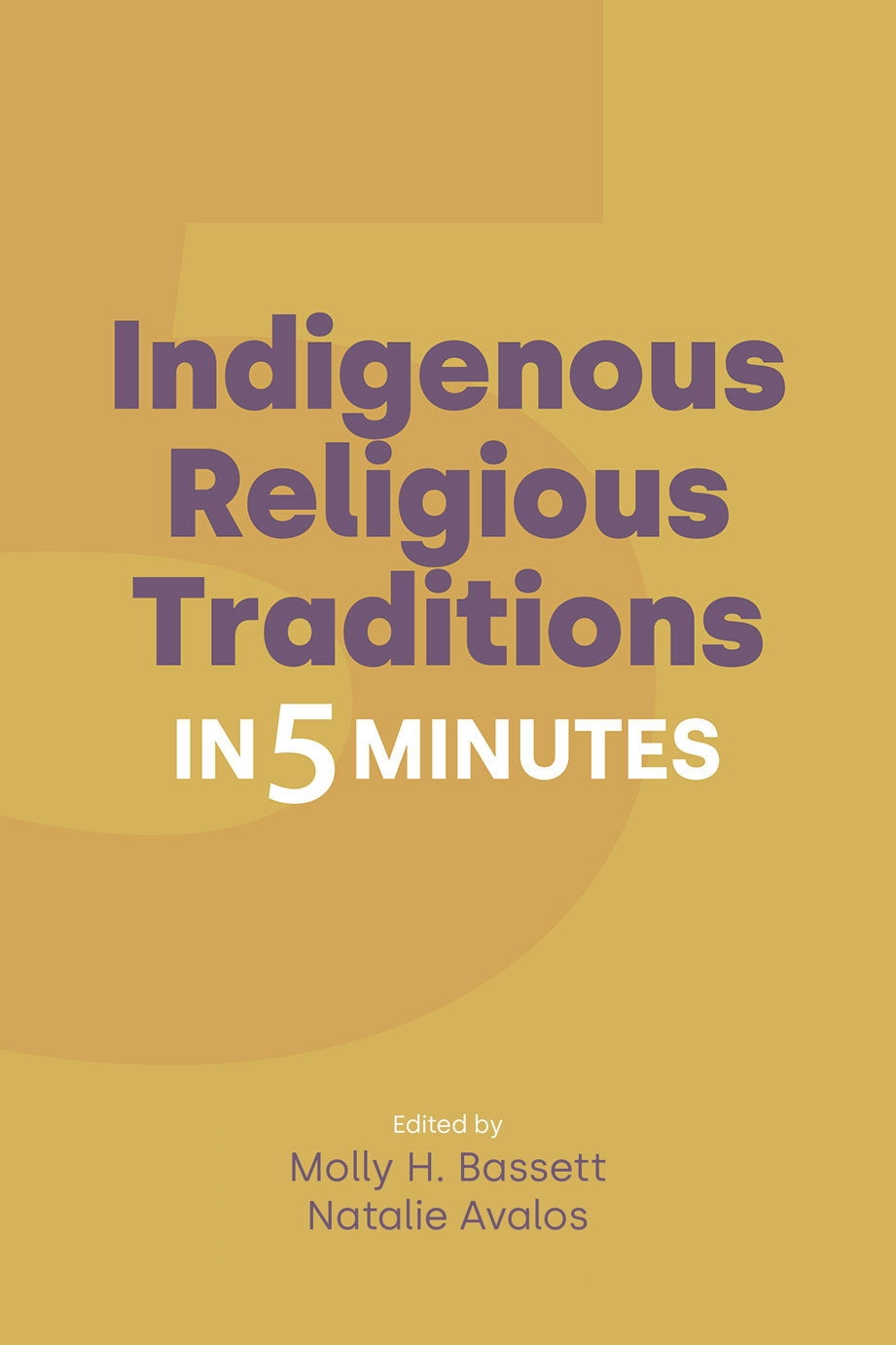8. Why is "religion" a problematic category for understanding Indigenous traditions?
Indigenous Religious Traditions in Five Minutes - Molly Bassett
Philip P. Arnold [+]
Syracuse University
View Website
Philip P. Arnold is Associate Professor and Chair of the Religion Department; core faculty in Native American and Indigenous Studies, Syracuse University; and Founding Director of the Skä·noñh—Great Law of Peace Center. His books are Eating Landscape: Aztec and European Occupation of Tlalocan (1999); The Gift of Sports: Indigenous Ceremonial Dimensions of the Games We Love (2012); Urgency of Indigenous Values and the Future of Religion (Syracuse University Press, 2021). He established the Doctrine of Discovery Study Group (www.doctrineofdiscovery.org), and Indigenous Values Initiative (www.indigenousvalues.org).
Description
Since first contact, “religion” has been used as a weapon against Indigenous Peoples. In the 15th century, Papal Bulls mandated that Christian Discoverers seize non-Christian bodies, lands, and property. The Doctrines of Christian Discovery (DoCD) is the religious foundation upon which Christian supremacy was established to justify the taking of land. Columbus’ voyages ushered forth the “Age of Discovery” and legitimized horrendous acts of violence, as the means to establishing a New World order.






